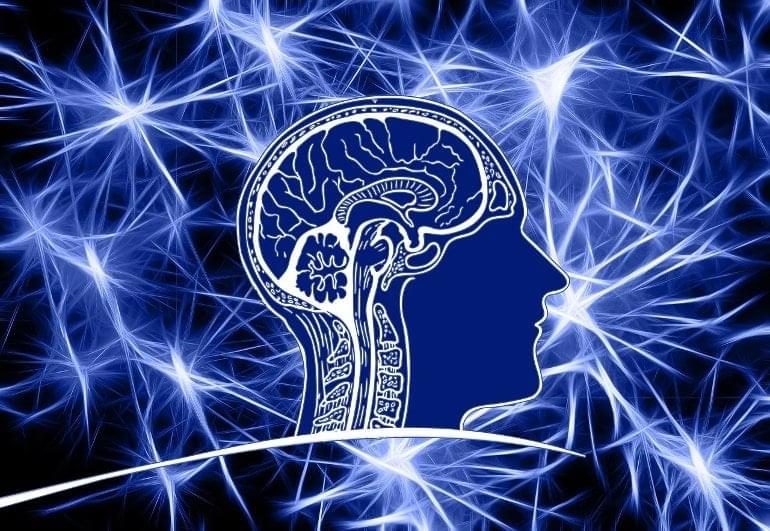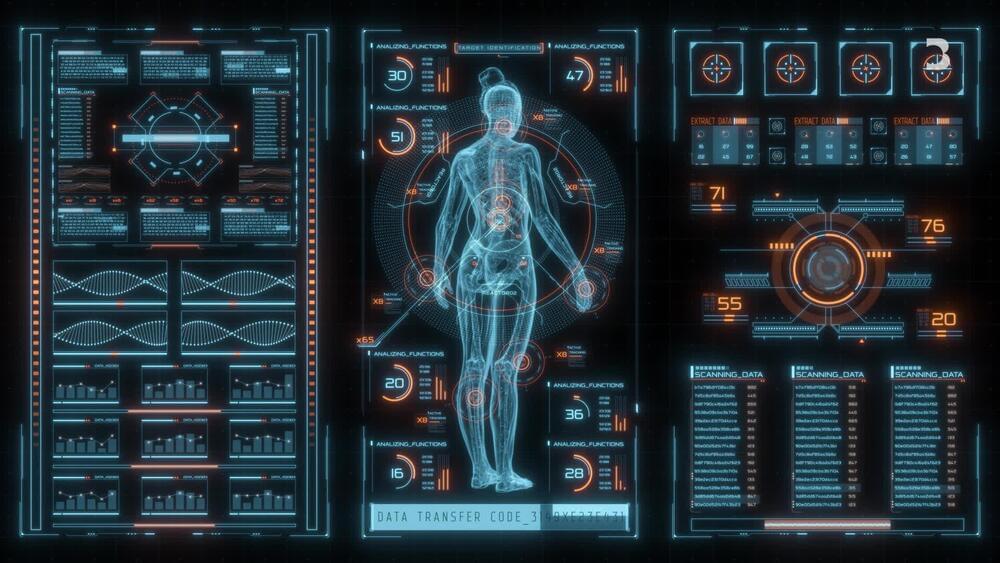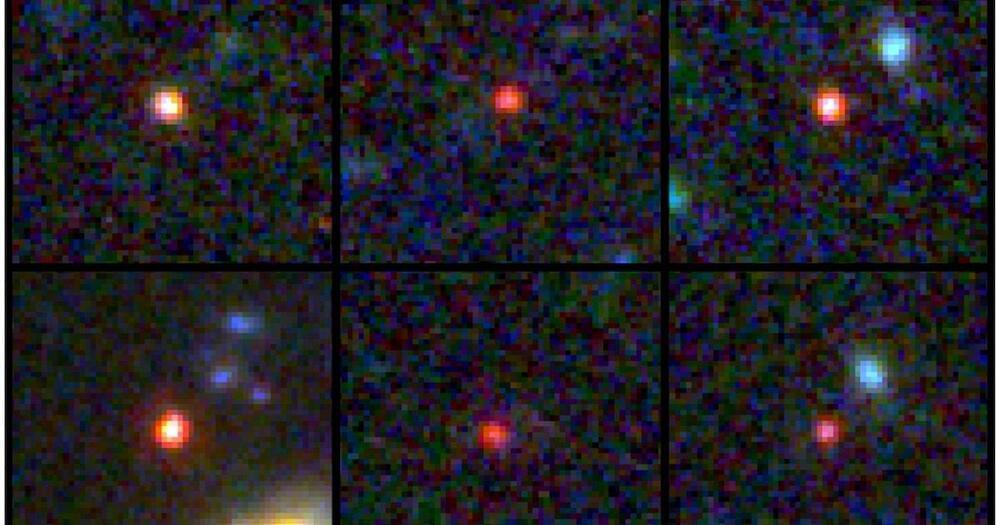
An updated metric for prioritizing species’ conservation that incorporates scientific uncertainty and complementarity between species, in addition to extinction risk and evolutionary distinctiveness, has been published on February 28 in the open access journal PLOS Biology, authored by Rikki Gumbs from the Zoological Society of London (ZSL), U.K., and colleagues.
In 2007, ZSL established the Evolutionarily Distinct and Globally Endangered (EDGE) metric to prioritize species for conservation based on preserving evolutionary history embodied within endangered species. The approach allocates each species a score based on the evolutionary distance, measured in millions of years, that separates a species from its closest living relatives, and its conservation status in the IUCN Red List.
EDGE has since been applied to mammals, amphibians, birds, sharks and rays, corals, and flowering plants, and is used to allocate conservation funding. To update the EDGE metric to incorporate recent advances in evolutionary biology and conservation, ZSL hosted a workshop for conservation scientists and practitioners, who reached a consensus on EDGE2—an updated metric that includes the extinction risk of closely related species and uncertainty in species’ relationships and conservation status.


















